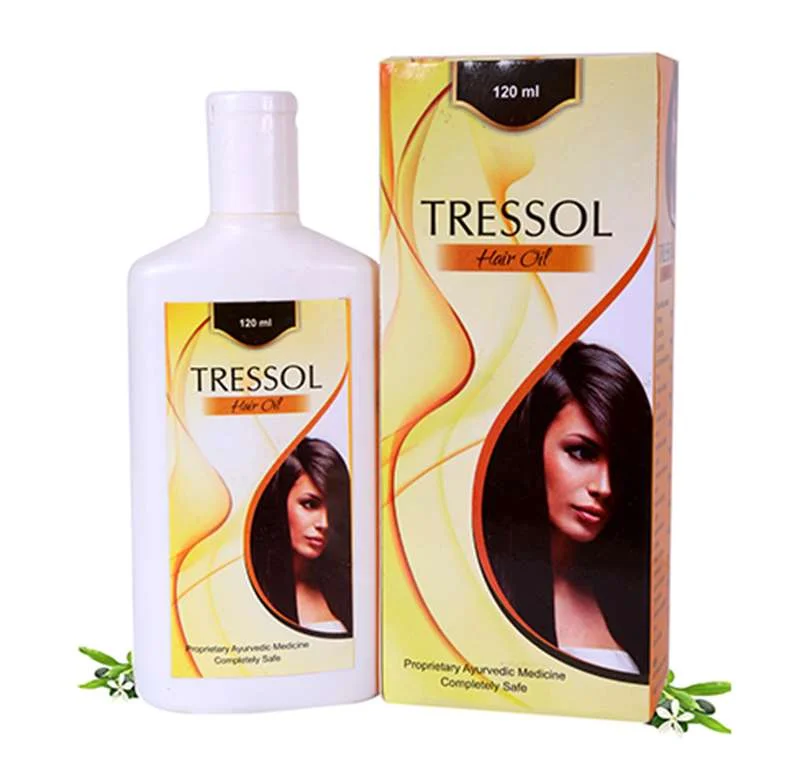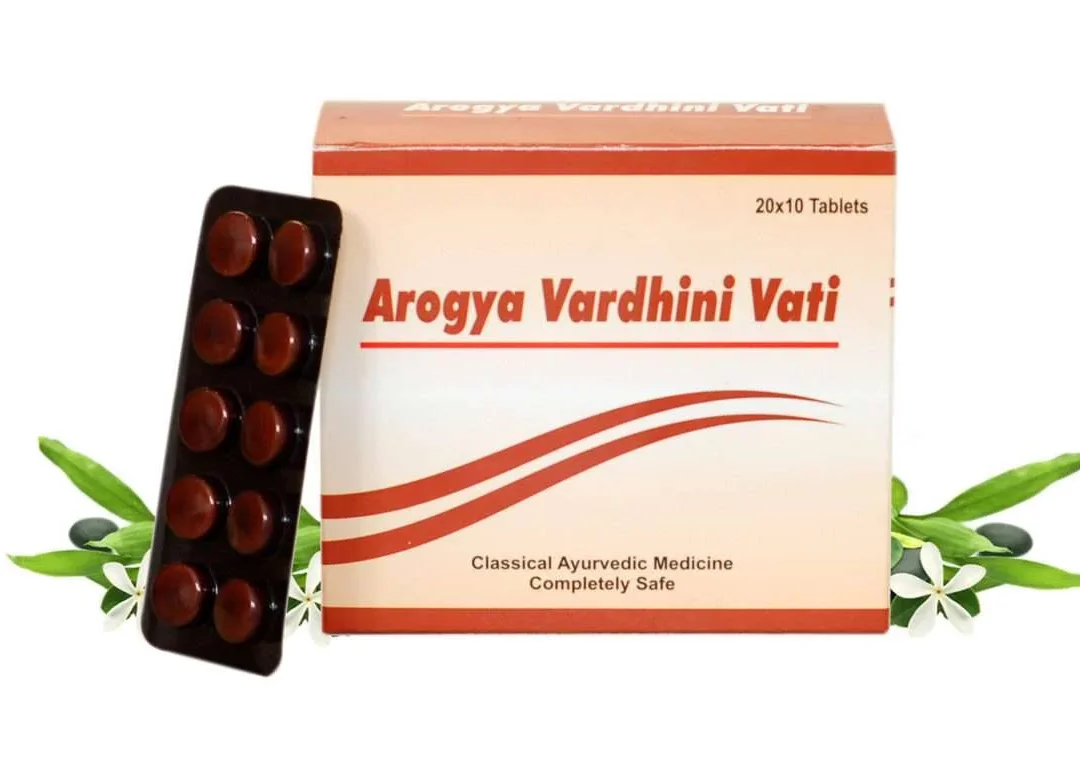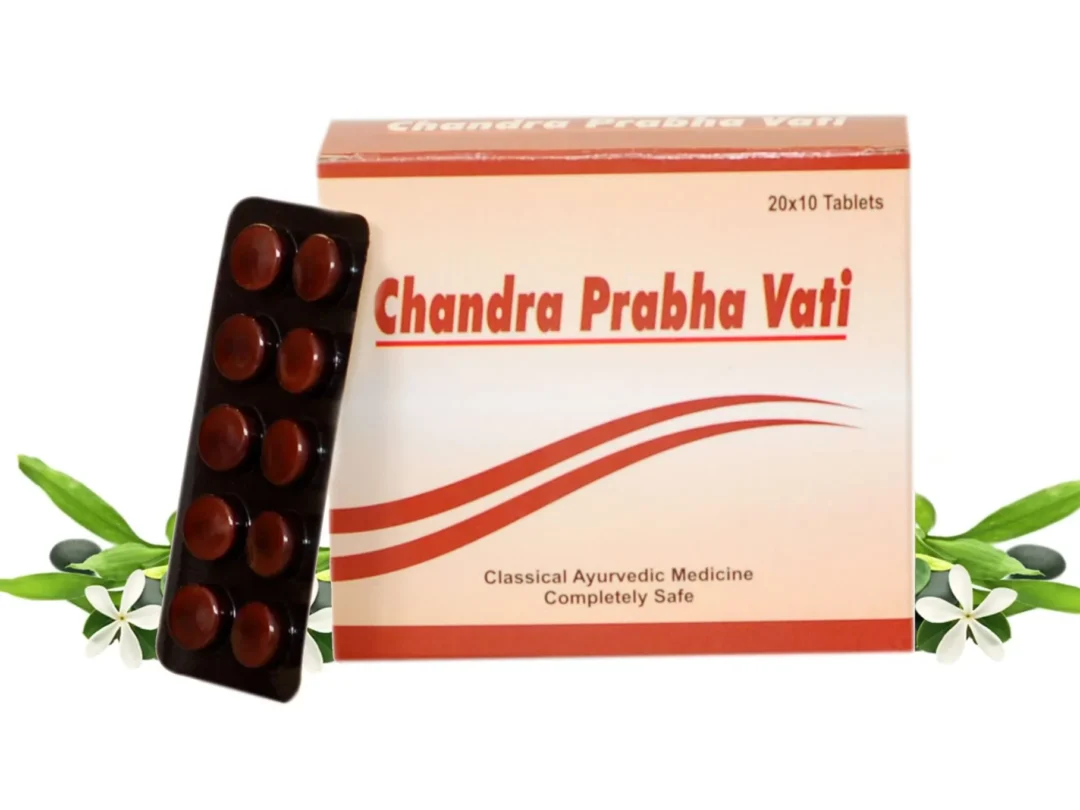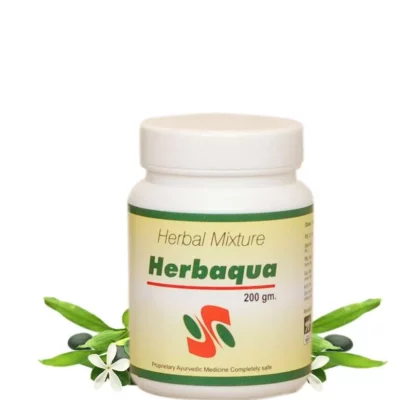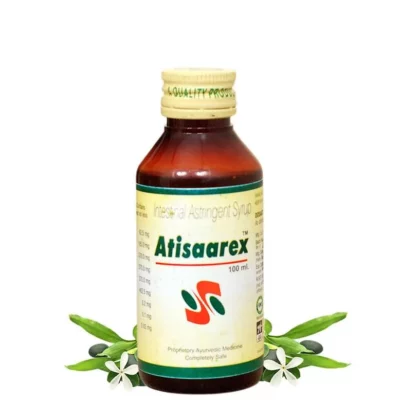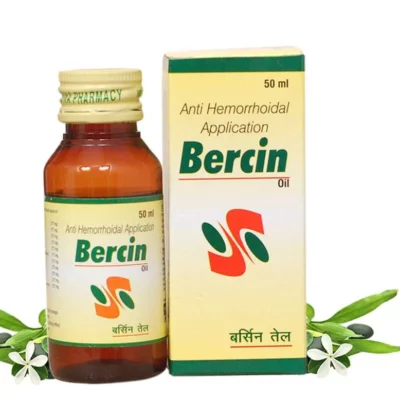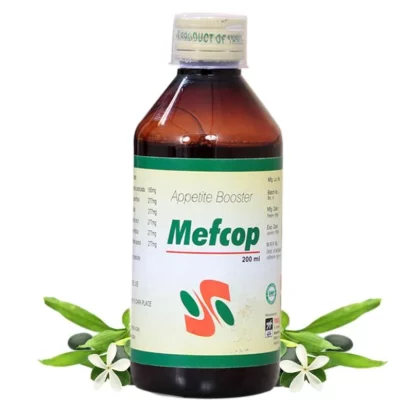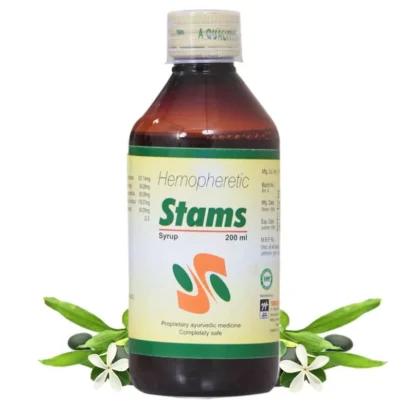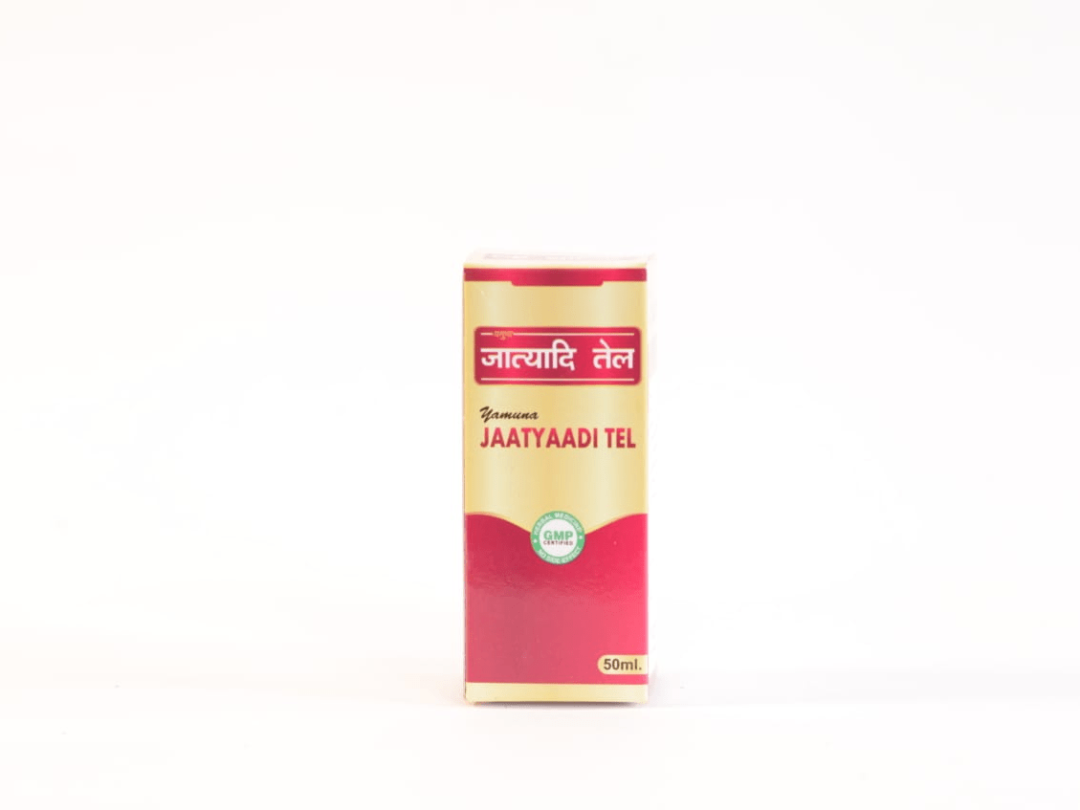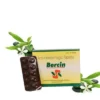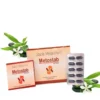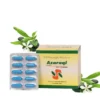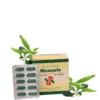Prostatitis is defined as the inflammation of the prostate gland. Prostate gland is a walnut-sized gland which is situated directly below the bladder. The function of prostate gland in males is to produce semen that nourishes and transports sperm.
It can affect men of all ages but most commonly seen in men below 50 years of age.
It is most commonly caused by the bacteria which are usually similar to those that cause other common genitourinary infections.
What are the symptoms of Prostatitis?
- Pain in the pelvis and genital area
- Fever
- Increased urinary frequency and urgency
- Drooling of urine
- Frequent urination, particularly in the night
- Cloudy urine
- Blood in the urine
- Painful ejaculation
- Pain or discomfort in the penis or testicles
What is the cause of Prostatitis according to Ayurveda?
Based on the symptoms, it can be correlated to Tooni in Ayurveda which is classified under Vaatvyaadhi along with aggravation of Pitta dosha where the pain starts from Mutrashaya (urinary bladder) or Malashaya (rectum) and radiates to Guda (anus) and Upsatha (penis).
Therefore, this condition is caused due to the vitiation of Vata (Apana Vata) and Pitta doshas.
Ashtila is a condition in Ayurveda which can be correlated to the enlargement of prostate gland. It is characterized by the stony swelling which obstructs the passage of urine. It occurs due to the vitiation of Vata dosha causing distension of the bladder. The swelling is often elevated and movable.
What is the Ayurvedic treatment of Prostatitis?
The Ayurvedic treatment of Prostatitis includes the balancing of Vata and Pitta doshas by internal detoxification and removing the blockages in the urinary tract. The Ayurvedic medicines prescribed for this condition should have Paachana (digestive stimulant), shothhara (anti-inflammatory), anti-microbial properties that must work on mutravaha srotas.
Herbal Formulation offered by Yamuna Pharmacy for the treatment of Prostatitis:
Metostab Capsule: Metostab Capsule by Yamuna Pharmacy is purely an herbal formulation that works by reducing the inflammation of prostate gland and provides relief in prostatitis. It is an Ayurvedic proprietary formulation which relieves symptoms of prostatitis such as: frequency and urgency of urination, painful micturition, dribbling of urine etc. by working on the root cause of the problem.
- The key ingredients of Yamuna Pharmacy Metostab Capsule are: Kanchnaar, Haritaki, Vibhitaki, Amla, Varun, Guggul, Brahmi, Gokhru, Shigru Patra, Shilajit, Shushka Kaseesak, Gandhak, Khatika etc.
Dosage: Take 1-2 capsules twice a day after taking meals.
Some classical Ayurvedic formulations for the treatment of Prostatitis are:
- Chandraprabha Vati: It has Mutrakrichhahar property, due to which urine is passed easily.
- Chandanasava: Chandanasava is sheet (coolant) in nature.
- Avipattikar Churna: Avipattikar Churna is Pittarechak (expels out Pitta dosha) in nature due to the presence of Trivrit (one of the ingredients) in it.
- Punarnavadi Kashaya: Due to its shothhar (anti-inflammatory) property, it is administered.
- Varunadi Kwath: Varunadi Kwath is Kapha-Vata hara (Kapha and Vata dosha pacifying) in nature.
- Kanchnaar Guggul: Kanchnaar Guggul has Granthinashak (lump reducing) action.
Note: These medications should be taken under the supervision of an Ayurvedic expert. Ayurvedic treatment is a personalized and individualized one. Hence, an Ayurvedic expert would be the best person to plan a right treatment for you.
Diet and Lifestyle:
- Drink plenty of water and stay hydrated.
- Fresh coconut water is best recommended.
- Fresh curd and buttermilk can be included in the diet.
- Intake of fresh fruits except citrus fruits can be taken.
- Excess use of spices should be avoided.
- Alcohol consumption and eating non-vegetarian food must be strictly avoided.
- Avoid performing exercises during afternoon.
- Avoid suppression of natural urges.
Thus, Ayurvedic treatment promises successful management of Prostatitis along with some changes in diet and lifestyle.


